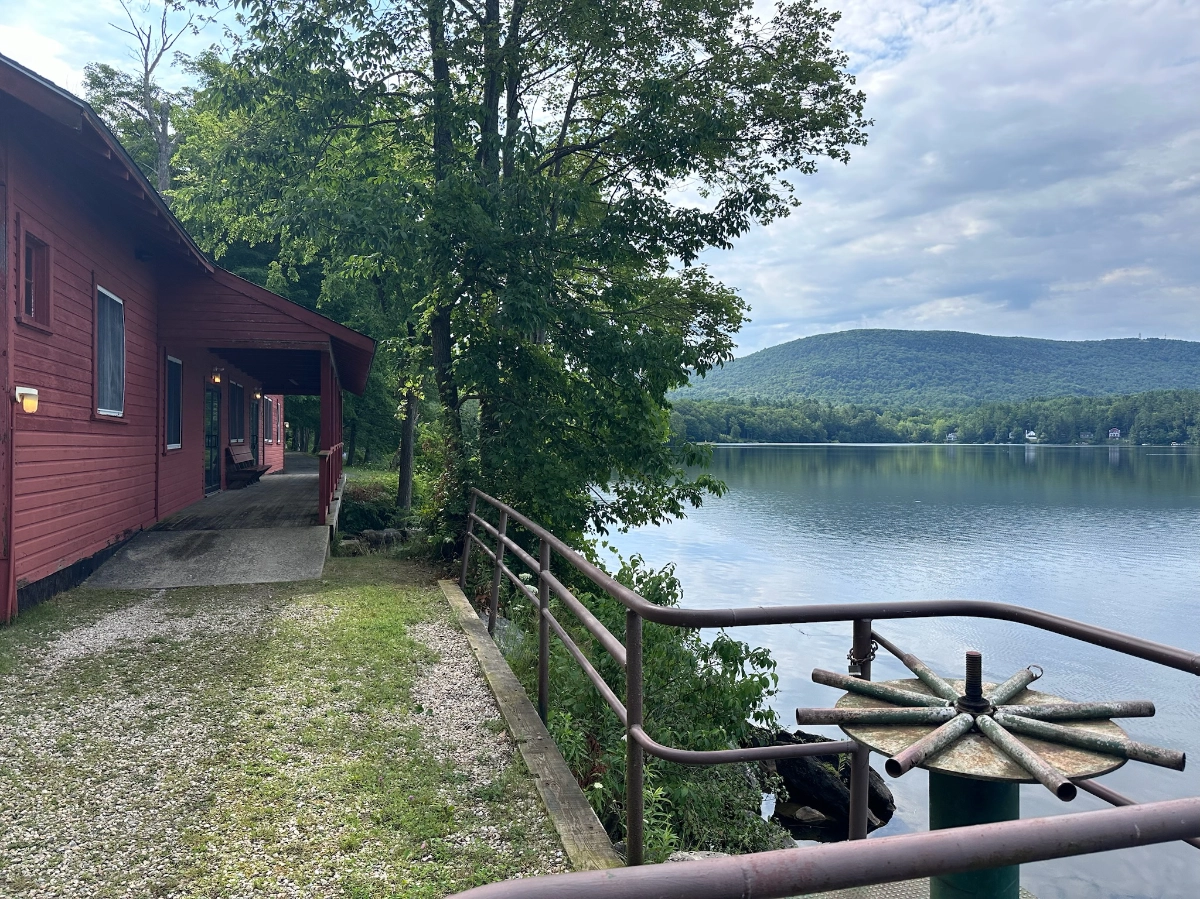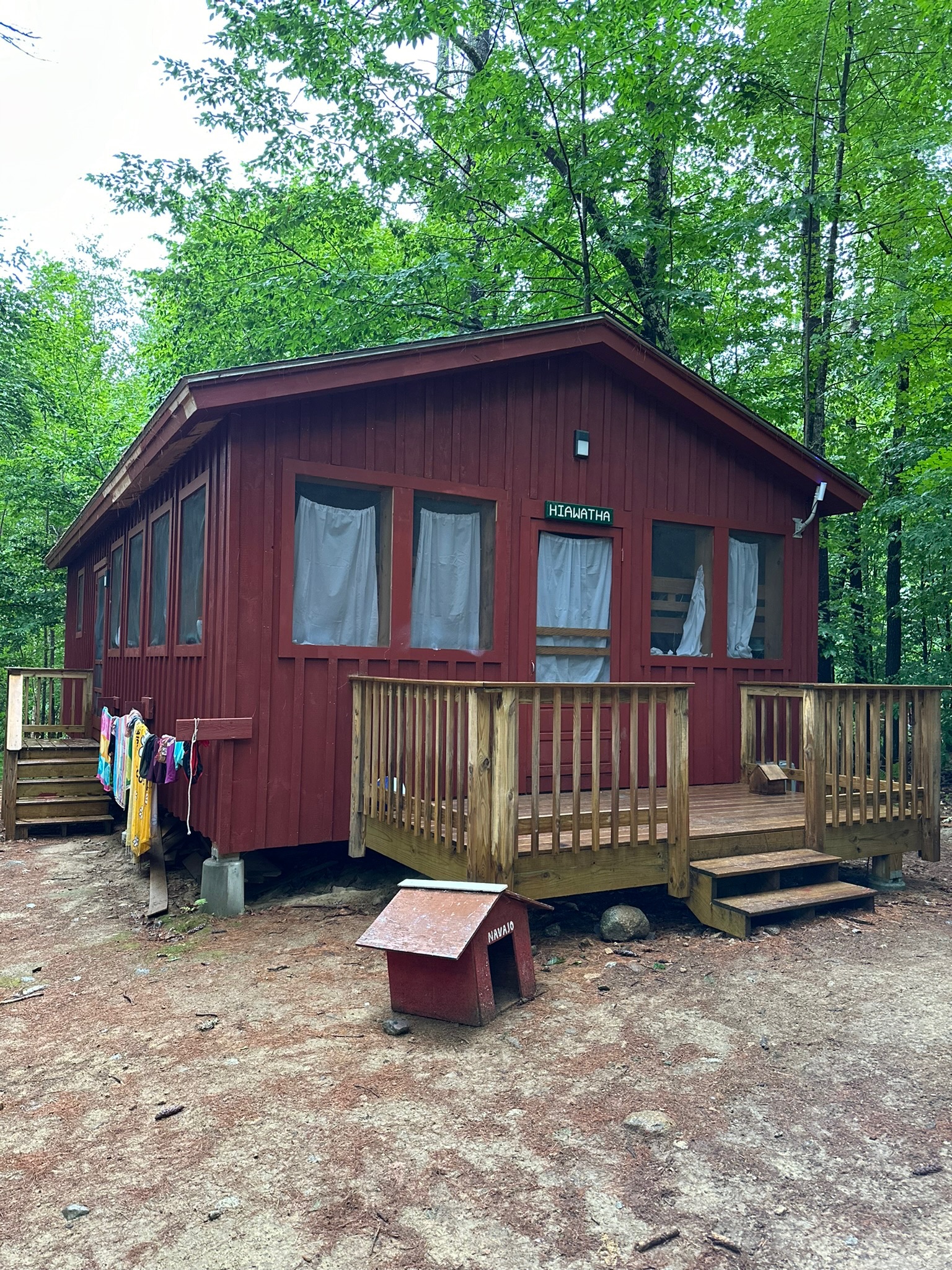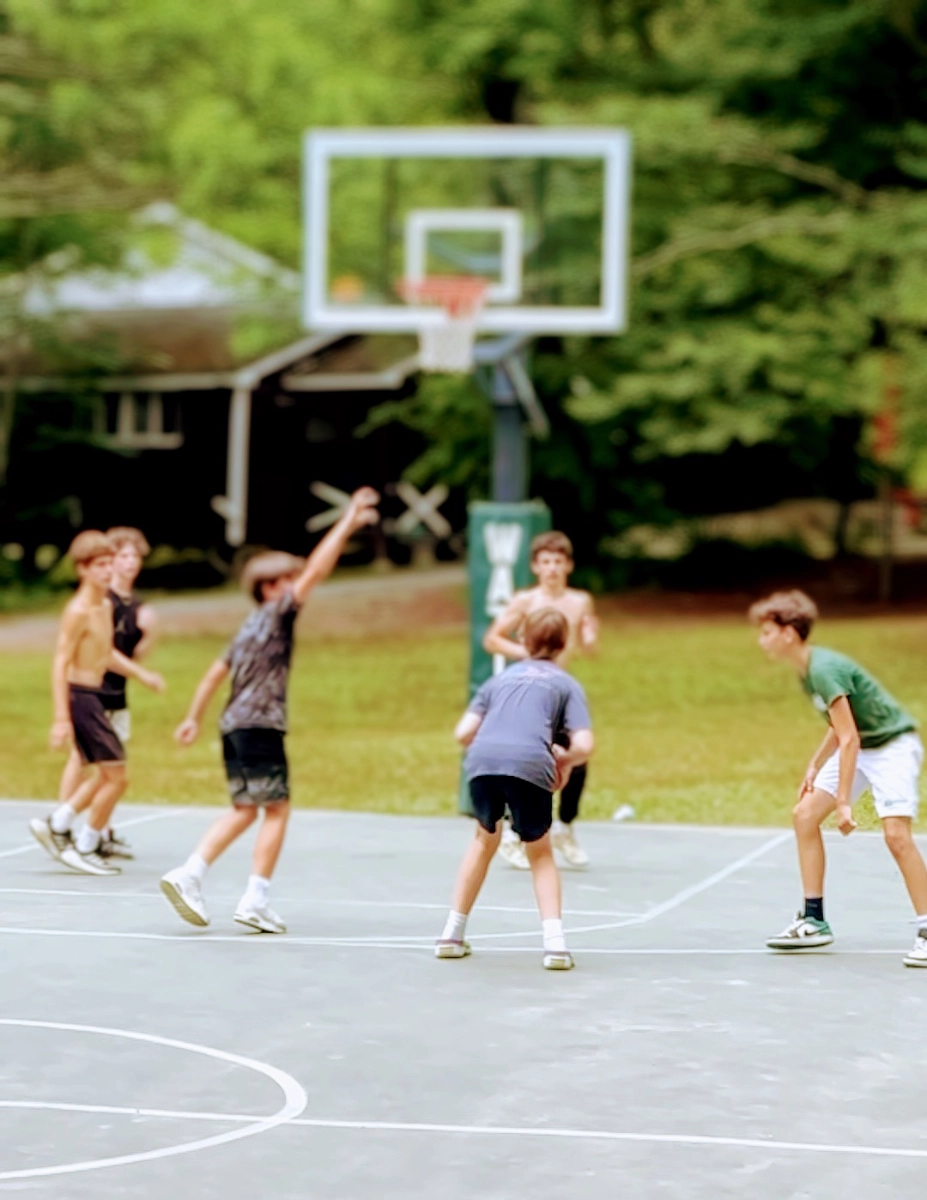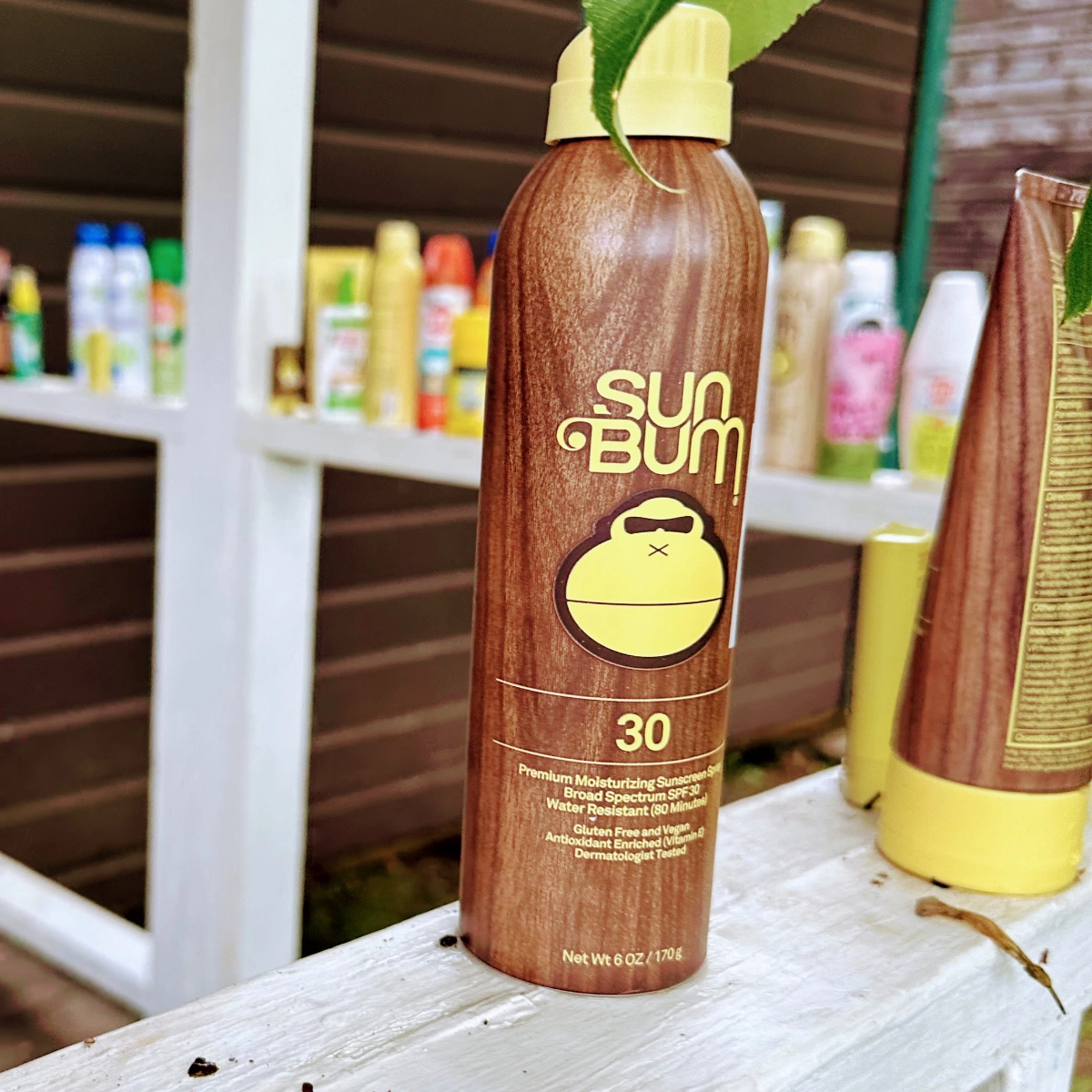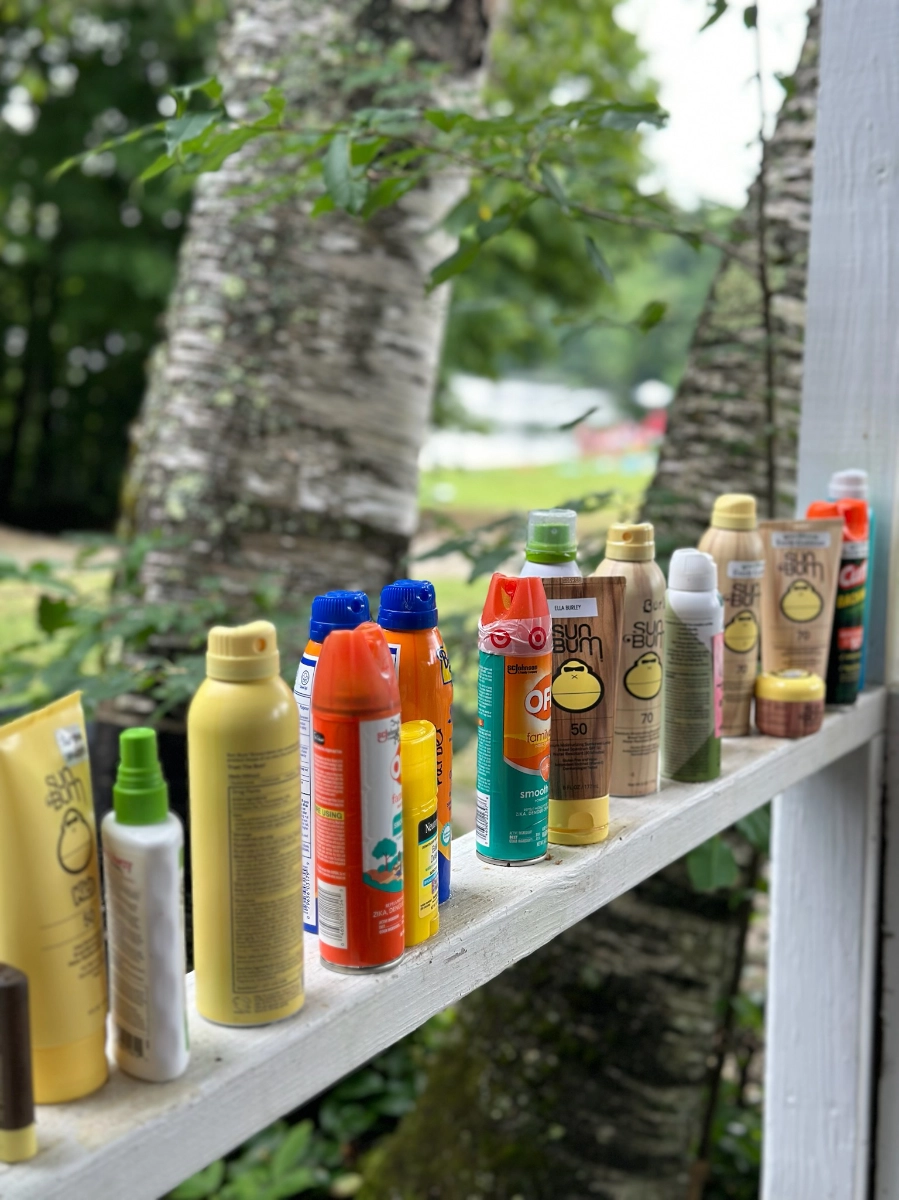Budget-consciouscamps
Find the perfect camp
Browse our camps below by most popular, interest, type, and more!
FAQs
Clear answers to common questions about our services, ensuring you have all the information needed for a successful camp experience.
Yes, our service is completely free. No catch, no hidden fees!
We know choosing the perfect summer for your child takes careful thought. That’s why we handle the heavy lifting for you – in-person camp visits and researched recommendations – at zero cost.
Because we expertly identify and pre-qualify families who will be a great fit for their community, camps happily pay our fee after your child attends. Rather than wasting money on broad marketing or sorting through random inquiries, camp directors value our expertise and appreciate our introducing them to great families who are the right fit.
Working with us never affects your tuition, discounts, or scholarship opportunities, and there’s absolutely no obligation to select a program we recommend. To get the most out of our expertise, just reach out to us early in your search, ideally before contacting camps directly.
It’s a win-win-win: you save time and stress, camps find great families, and your child has an unforgettable summer!
Once you hit submit, we’ll reach out to schedule a quick intro chat – a call, Zoom, Google Meet, or even in person if you’d like.
In that conversation, we’ll learn a bit about your family and your goals, then start matching you with the best-fit camps or programs.
We’d love to! Connecting with families face-to-face (or screen-to-screen) is one of the best parts of what we do.
Whether it’s chatting over coffee in person or hopping on a quick video call, we’re all about making the process easy. Some families prefer to meet virtually and others love a sit-down. We’ll work with whatever feels right for you.
Our conversations provide a deeper understanding of your child’s personality and interests, which is the key ingredient in the search!
Yes. The search is just the beginning, not the end.
We’re here before camp, during, and after. Need help with packing questions? Travel questions? Want to check in mid-summer? We’re here for you.
We also love hearing how it went, including what worked, what didn’t, what changed. As your kid grows and their interests shift, we’ll help you figure out what’s next.
Teen travel. Pre-college programs. Educational support. We’re not just a one-time match. We’re in it with you.
Start with the basics:
- Do you want a coed or single-gender environment?
- A place with uniforms and traditions, or one that feels more relaxed?
- Is your child better suited to a tight structure or lots of free-choice electives?
- Are you looking for a classic camp experience, or something more focused—arts, sports, academics, service, or adventure travel?
Then layer in the logistics:
- Overnight or day camp?
- Close to home or across the country?
- A two-week starter session or a full summer?
And the social side matters:
- Some camps are huge, with hundreds of kids and high-energy cultures.
- Others are smaller and quieter, with more individual attention.
- Some kids need one-on-one support.
- Others prefer to blend in and figure things out on their own.
One common assumption is that siblings should go to the same camp. That works sometimes—but not always. We often see one sibling thrive in a large, competitive setting while another does better in something more low-key and nurturing.
If you’re starting from scratch or coming off a camp that wasn’t the right fit, the options can feel overwhelming.
Traditional camps are your classic, mix-it-up summer experience. They come in different flavors of short sessions and full-summer options.
- Think: swimming, sports, arts & crafts, songs by the campfire, bunk life.
- Great for kids who like a little bit of everything (or haven’t figured out what they love yet).
Specialty camps go all-in on one focus—like theater, tennis, engineering, dance, or film.
- They usually lean older, sometimes run for shorter sessions, and feel more like an immersive workshop than a general camp.
- Ideal for kids who are already passionate and want to dig deeper.
Special-needs camps are designed with extra support in mind. Some are fully dedicated to specific needs, while others are more integrated into a traditional camp setting.
And it’s not always black-and-white:
- There are traditional camps with serious specialty programs (think 50+ musicals or sports tournaments).
- There are specialty-style camps that offer a camp feel.
- And there are traditional camps that also can accommodate certain special needs.
Not sure where your kid fits? We’ll help you figure it out.
Most kids begin overnight camp between ages 6 and 10, often after 2nd, 3rd, 4th, or 5th grade. But starting ages can vary depending on where you live. Families in some regions begin earlier, while others wait until middle school.
The real question is: Is your child ready? Here are a few signs to look for:
- They’re comfortable spending nights away from home (at a friend’s or relative’s)
- They show independence with routines like getting dressed or managing transitions
- They’re curious about trying new things and meeting new people
- They ask about camp—or light up when you bring it up
And if your child is older and hasn’t been yet? That’s more common than you think. Many camps welcome first-time campers through the early teen years. We help families find the right setting and session whether it’s a child’s first summer or a thoughtful switch to a better fit.
If you’re starting more than a year in advance, you’ll have the chance to tour camps the summer before your child attends. We love that for you (if you can swing it). There’s really no better way to get a feel for a camp than seeing it live, including directors in action, campers mid-game, and the full culture on display. We can help with intros and logistics.
That said, many families start their search in the fall, winter, or even spring. For most programs, registration opens in the fall and spots start filling soon after, but we know which camps have spots open or keep waitlists moving.
Can’t tour? We’ve done it for you! That’s why we visit camps ourselves. We walk the fields, meet the directors, and take in all the details, so you don’t have to guess what a place is really like. Whether you tour or not, you’ll go into the process with clarity and confidence.
Session length shapes the summer — how deep friendships go, how much independence a kid builds, how much homesickness they might feel (and whether they get past it).
For first-timers, think readiness rather than a fixed number. Many kids are ready to jump straight into mid-to-long sessions (4–7 weeks or full summer) where routines and friendships really stick. Others do well with a shorter on-ramp (1–3 weeks), which is long enough to feel the rhythm of camp but short enough to feel manageable. Some programs have staggered start times or flexible add-ons so one child might do three weeks while their sibling stays six.
It’s rarely one-size-fits-all, even within the same family. We’ve seen plenty of cases where one sibling is ready to thrive for a full 7-week summer, and another might need to ease into camp with a shorter experience. The best length often comes down to your child’s personality, maturity, and prior experience — and your family’s summer calendar and tolerance for logistics.
Definitely! Many camps welcome friends attending together, and we’ll assist you in navigating each camp’s specific policies about cabin and bunk requests.
Yes, many camps offer fantastic Counselor-in-Training (CIT) or Leader-in-Training (LIT) programs. These opportunities help older teens build leadership skills and prepare for future roles as counselors.
For most U.S. sleepaway camps, you can expect to pay between $1,600 and $2,700 per week, depending on the location, length of the session, and what’s included. Some camps roll everything into one tuition, while others may have add-ons for trips, horseback riding, or travel.
We also work with programs in Canada, the UK, France, Spain, Switzerland with a range of prices.
We understand every family’s budget is different, and can point you toward camps that offer scholarships, tiered pricing, or even last-minute discounts when spots open up. Whatever your range, we’ll help you find something that feels right for you.
Yes. Many camps offer early sign-up discounts, sibling rates, and need-based financial aid. Some also have tiered pricing or flexible payment plans. We’ll help you navigate what’s available.
Start with the camp’s official packing list. For longer sessions, camps will run laundry once a week, so one trunk (7–10 days’ worth) is plenty. For shorter sessions, one trunk may need to last the full time. Label it all; the sock vortex is real.
Towel service varies. Some camps may do beach as well as bath towels, and others expect the parents to provide.
Beyond the basics, check the list for any “extras” like riding boots or theme-day costume.
Want the inside scoop on this year’s camp must-haves and smart packing hacks? Subscribe to our newsletter as we update the latest trends every season.
International European campers flying to U.S. summer camps:
- ESTA (Visa Waiver) for most EU passports if the stay is ≤ 90 days (most countries).
- Required at the border: camp acceptance letter, proof of return flight, proof of funds, and a notarized parental consent letter if traveling without a parent.
Brazilian campers heading to U.S. camps:
- B-2 Visitor Visa (Brazil is not in the Visa Waiver Program).
- Bring the camp’s I-20 or acceptance letter, DS-160 confirmation, proof of ties to Brazil (school enrollment, parent employment letter), and the standard consent letter for minors.
- Schedule the visa interview early—São Paulo, Rio, and Brasília dates fill fast in April-May.
French campers (and other non-UK passport holders) going to U.K. camps:
- No visa needed for stays under six months.
- Must carry: valid passport, camp invitation, return flight proof, funds, travel/medical insurance, and a parental consent letter if unaccompanied.
Across all countries, embassies may also ask for vaccination records, health forms, or a chaperone affidavit. We support hundreds of international families each year, so we’ll let you know exactly which documents your child needs and the best timeline for securing them.
We make a point of touring every camp kitchen and asking the allergy questions parents care about most. Some camps are totally nut-free. Others are “nut-aware,” meaning they allow certain products but keep tight controls. And we ask about other allergens and dietary restrictions too. Either way, the good ones have clear protocols, labeled menus, and staff who know exactly what to do.
Tell us your child’s allergens and severity level, and we’ll match you with the appropriate camps.
Absolutely. Some camps weave ADHD-friendly routines, social coaching, and sensory breaks into a mainstream program. Others are fully specialized such as 1:2 staff ratios, on-site therapists, and adaptive activities for complex medical or developmental needs.
Tell us what level of support your child needs, and we can connect you with camps that already have the right systems in place.
Mental health support at camp starts with the right staff. Most camps have a designated "camp mom" or "camp dad," often someone with a counseling background or deep experience in child development. They closely monitor emotional health, medications, and social dynamics. Many camps also prioritize hiring educators as senior counselors. These experienced professionals are trained to recognize early signs of homesickness, anxiety, or kids who just need extra support, complementing the energy and fun provided by international staff.
Some programs even have therapists on-site, or they may allow campers to continue working remotely with their own counselors from home. If a camper struggles beyond typical homesickness, parents and outside providers are brought into the conversation early to ensure consistent care.
Parent communication during camp is balanced carefully. Daily photo updates through secure websites let parents see how things are going without disrupting their child’s adjustment. Most camps encourage communication through letters or emails delivered daily, with phone calls reserved for special circumstances or set periodic check-ins. For longer sessions, many camps include a visiting day halfway through the summer, and even a grandparents day.
Absolutely! Every child deserves a camp experience where they feel valued, respected, and comfortable. We work closely with camps committed to creating welcoming communities.
At most traditional overnight camps, each day follows a familiar rhythm, structured around activity periods, with the bunk or cabin group as the foundation.
While exact schedules vary from camp to camp, here's what a typical day might look like:
- Wake-Up and Cabin Time: Campers start the day with their bunkmates (making beds, getting dressed, brushing teeth, and gathering gear).
- Breakfast: Everyone heads to the dining hall for breakfast. It's often loud and fun.
- Morning Activity Periods: Two to three structured blocks of assigned activities or camper-chosen electives.
- Lunch and Rest Hour: Lunch followed by quiet rest time (letters, reading, games).
- Afternoon Activity Periods: Two or three more blocks, plus free swim or snack breaks.
- Showers and Dinner: Cabin rotations through showers, then dinner with traditions or skits.
- Evening Program: Talent shows, scavenger hunts, campfires, or all-camp games.
- Wind-Down and Lights Out: Debrief with counselors, settle in for the night; lights-out varies by age.
Some camps mix in trip days or special events, and the balance of core vs. elective programming varies.
Core Programming (aka Structured or Assigned): Campers rotate through a set schedule of activities assigned by the camp, usually with their cabin group. Builds shared experiences and bunk bonding. Often used for first-time or younger campers.
Elective Programming (aka Choice): Campers choose their activities via:
- Cabin-choice electives (the whole bunk agrees on a few activities together).
- Pre-camp sign-ups (schedule set before arrival).
- Daily electives (choose each day from a menu of options).
Elective periods tend to increase with camper age or session length. Some camps blend core in the morning with electives in the afternoon, while others run fully camper-led schedules from day one.
Most traditional overnight camps have a no-phones policy. Kids turn in their devices when they arrive and won’t have access to phones, tablets, or smartwatches. It helps them settle into camp life and live in the moment.
You’ll still get regular updates via platforms like CampMinder, with daily photo uploads and camper letters home.
Phone calls depend on program length—rare for short stays, scheduled for longer sessions. Camps will contact you directly if anything important arises.

